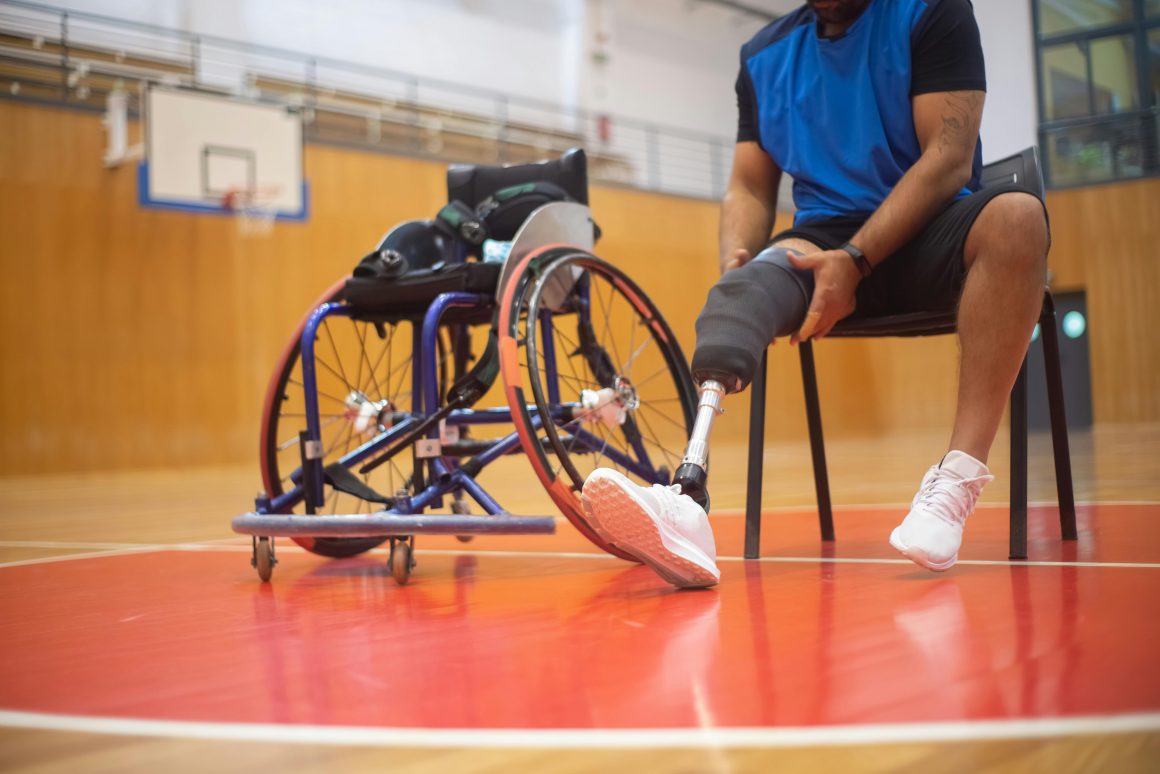
Learning beyond the games: Lessons against ableism from the Paralympics
By Eda Kamal, November 10 2024—
This July, the world tuned in to the 2024 Paris Summer Olympic Games, a tradition that seems to reach even the least sport-savvy. No one in my family has ever cared about sports but when the Olympics are on we become athletic experts from the couch. The games this year were an especially fun bonding experience for me and my four-year-old brother. His incessant questions about each sport and skill served as an important learning opportunity. He’s beginning to figure out exactly who he is and what he likes and I thought he could be the one to bring sports to our household, so what better occasion than the Olympics to pique his interest?
A few weeks following the conclusion of the Olympic fanfare, the Paralympics began — where athletes of varying physical abilities competed in 549 events in 23 disciplines. In my social circles, the Paralympics are rarely discussed, so I didn’t expect to be too intrigued. However, my brother and I ended up learning quite a bit more from these games than we did from the traditional Olympics.
The Paralympics are a sports competition, parallel to the Olympics, that takes place directly after each Olympics in the host city. There are both Winter and Summer games, each with events that adapt Olympic sports and others that are completely unique to para-athletes. The first official Paralympic Games took place in 1960, with some smaller-scale games for veterans having preceded in years prior. Since then, a vibrant culture has developed around the Paralympics — quieter than the fanfare of the Olympics but still persistent. Just like the Olympics, the Paralympics also have their own mascots, often thematically matching and being paired with Olympic mascots to bring attention to both. These mascots sometimes reflect some type of disability or impairment represented by para-athletes.
I wasn’t familiar with the different classifications used to organize and schedule games, but watching allowed me to do research and gain an understanding of how complex the arrangements are and how much work goes into it. Numerical and alphabetical codes in each sport — displayed on-screen when watching from home — describe the types of impairments represented in each event. With swimming, for example, having separate games for visual impairment, limb deficiency and intellectual impairment keep the dissemination of athletes among sports fair.
As an able-bodied person, I had never put much thought into how different types of impairments would affect and influence performance in sports. I had just assumed that they grouped together individuals with different impairments to keep it balanced. Studying the categories by which athletes are evaluated for the Paralympics was incredibly eye-opening.
Watching the Paralympic games provided an important exposure to understand those who may be considered ‘different’ in society. My brother had the opportunity to ask questions and express curiosity in a private setting where I could thoroughly explain things to him and teach him proper etiquette and terminology without getting caught in an awkward public encounter. He was also able to gain an understanding at such a vital age that physical or intellectual impairments do not negate one’s capabilities.
Teaching diversity is only emphasized in settings where one would find it. If there is no diversity of a certain type in an environment, some find no reason to speak about or teach it. Everyone in my household is able-bodied, so there would be “no reason” for us to specifically tune in to the Paralympics. However, there is so much value in exploring a realm that did not have a direct impact on my world, because the world is so much bigger than just myself. How could I expect those without my individualized intersectional experiences to care about mine, if I didn’t ever make the effort to learn about something outside of myself?
It is particularly important in early childhood to have these conversations. My brother spends his days mostly at school and home, and his world right now is so small, like himself. All the same, he is a human being with cognition and intelligence. He deserves to learn what exists in the world, and he must learn how to be independent and respectful of what he does not experience or understand. A lack of this understanding is how childhood bullies are created, how miscommunication happens between social circles and how the self becomes estranged from the other.
This article is a part of our Voices section and does not necessarily reflect the views of the Gauntlet editorial board.
